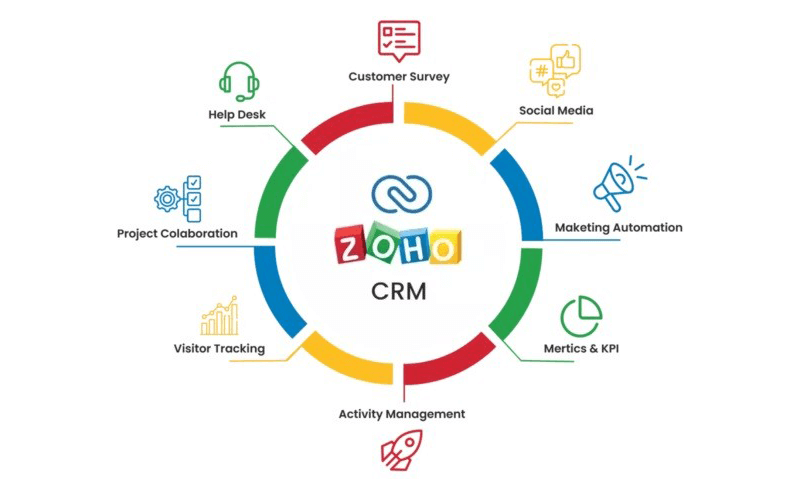In the pre-internet days, small business owners had a straightforward approach to customer interaction. They personally knew their customers’ preferences, made tailored recommendations, and addressed every query directly. However, with the rise of ecommerce, customer demand for personalisation, and the rapid development of technology, maintaining these close customer relationships has become more challenging. Enter Customer Relationship Management (CRM) systems – a powerful tool to help businesses adapt and thrive in this new landscape.
What is CRM?
CRM stands for Customer Relationship Management. It is a comprehensive software solution designed to manage your customer relationships effectively. From collecting customer data to strategising the best follow-up methods, CRM systems provide the insights necessary to retain and grow your customer base.
The Basics of CRM
At its core, CRM software is a digital version of an address book. It securely stores all contact information and valuable data about your customers, such as:
– Name, title, and email address
– Date and nature of last interaction
– Visits to your website and engagement with your brand
– Previous orders and spend
– Personal information like interests, hobbies, or even their pet’s name
This data forms the foundation for improved customer relationships and added business value. CRM software is not just a repository; it transforms data into actionable insights, making it an indispensable tool for sales, marketing, and customer service teams.
Benefits of CRM for Different Teams
For Sales Teams
– Convert More Leads: Manage the entire customer lifecycle, from first interaction to purchase.
– 360-Degree Pipeline View: Monitor and track targets with ease.
– Deal Management: Review past, current, and projected deals, engaging lapsed prospects.
– Sales Forecasting: Use critical data to produce accurate forecasts and reports.
For Marketing Teams
– Create Beautiful Emails: Use templates to craft engaging communications.
– Campaign Management: Document ideas, target the right audience, and deliver effective messages.
– Event Coordination: Advertise, register, and manage event attendees.
– Customer Journey Mapping: Track interactions and engagement with your brand.
For Customer Service Teams
– Interaction Management: Store all customer conversations centrally.
– Unified Communication: Integrate email, social media, phone calls, SMS, and live chat into one stream.
– Preferred Communication Methods: Record customer preferences for timing and methods of contact.
– Complaint Handling: Receive notifications for social media mentions and complaints for immediate resolution.
Team-Wide Benefits of CRM
Regardless of your role, CRM software offers several advantages:
Better Customer Understanding and Interaction
Easily access specific information about individuals and identify patterns within your customer base. Attach notes from previous interactions to ensure personalised follow-ups.
Segmentation
Create tailored mailing lists based on engagement, purchases, or demographics. This targeted approach boosts email marketing effectiveness.
Compliance
Manage GDPR and other data privacy requirements to avoid fines and build customer trust.
Enhanced Sales Output
Efficient processes, intelligent lead scoring, and targeted algorithms increase sales performance.
Improved Organisation
Facilitate real-time collaboration across remote teams, centralising data to prevent overlaps and miscommunications.
Task Automation
Automate administrative tasks, freeing up time for strategic activities.
Analytics and Reporting
Utilise data for informed business decisions, budgeting, and creating compelling reports.
Integration with Other Tools
Connect CRM with email, telephone, payroll, HR, and accounting software, as well as social media and websites, for streamlined operations.
Cost of CRM Software
CRM software costs range from £12 to £200 per month, depending on the size and requirements of your business. Typically priced per user, per month, CRM systems offer tiered plans with varying features.
Cloud-Based CRM
Cloud-based CRM solutions offer several advantages:
– Cost-Effective: Lower monthly fees compared to on-premise systems.
– Ease of Use: No maintenance or server costs.
– Scalability: Adjust usage as your business grows.
– Quick Setup: Get started with minimal setup time.
– 24/7 Access: Access data anytime, anywhere with an internet connection.
– Automatic Updates: Stay current with the latest features and security measures.
Choosing the Right CRM System
Selecting the right CRM system involves understanding your business needs and how different features can benefit you. Here are a few recommended CRMs based on business type:
– Zoho CRM: Ideal for any business seeking comprehensive CRM capabilities.
– Insightly: Perfect for websites, blogs, and publishing businesses to build loyalty and drive engagement.
– Specialised Tools: Use CRM systems to nurture leads and drive conversions for ecommerce businesses.
Conclusion
Implementing a CRM system in 2024 can significantly enhance your sales, marketing, and customer service efforts. By choosing the right CRM for your business, you can streamline operations, improve customer interactions, and drive growth. We highly recommend Zoho CRM for its comprehensive features and user-friendly interface. At AA, we can assist you with the full setup of Zoho CRM, ensuring a seamless transition and optimal utilisation of the software.
For further insights and personalised recommendations, contact us at info@alladvertising.co.uk or call 01708 952952. Let AA help you leverage CRM to its fullest potential.

